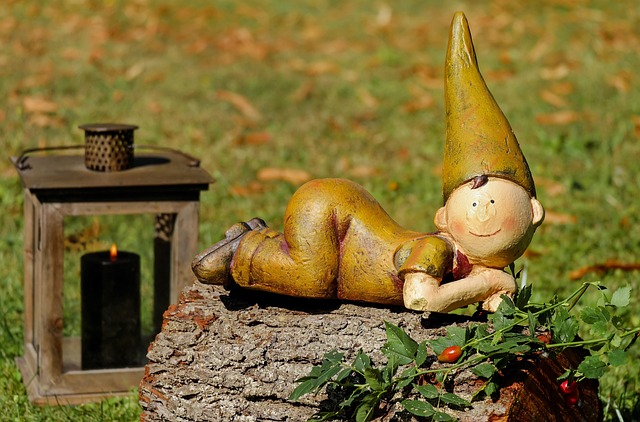In the tapestry of modern philosophy, the presence of the spirit has often been a thread that weaves through the tumultuous fabric of existentialism. While existentialism dares us to confront the essence of our existence through a humanistic lens, science takes a more empirical approach, analyzing the universe through observation and experimentation. Yet, these seemingly disparate domains can interlace in compelling ways to form a comprehensive understanding of our lives and our place within the cosmos.
At the heart of existentialist thought lies a profound struggle—the quest for meaning in a world that often feels devoid of it. Thinkers like Jean-Paul Sartre and Simone de Beauvoir invite us to navigate the labyrinth of our own consciousness, urging individuals to confront their freedom and the weight of their choices. Herein lies the role of spirit: it embodies our innermost struggles, aspirations, and the search for authenticity amidst life’s inherent absurdity.
Modern philosophy challenges us to reflect on our existence not just through introspection but also through the lens of contemporary science. The uncovering of the fundamental laws of nature offers a backdrop against which philosophical inquiries can unfold. For instance, neuroscience delves into the intricate workings of the human brain, aiming to demystify the essence of thought, emotion, and ultimately, spirit. Can our consciousness, with all its richness, be reduced to mere biological processes? This question invites an existential exploration into what it truly means to be human.
Moreover, the intersection of physics and philosophy opens up intriguing pathways. Quantum mechanics, with its peculiarities and paradoxes, invites a sense of wonder and inquiry. It challenges us to rethink the boundaries of reality, suggesting that what we perceive as real” may be only a fraction of a more complex whole. In this swirling dance of particles and waves, there is an echo of the existential quest: the quest to understand not only who we are but also the universe we inhabit.
Through this lens, the spirit becomes a vehicle of exploration, guiding us through the uncertainties of modern life. Rather than seeing science and existential thought as competing paradigms, we can appreciate how they inform and enhance one another. The spirit, in the existential sense, urges us to investigate our own experiences while the scientific method provides the tools to deepen that inquiry.
Today, as we confront issues ranging from climate change to technological advancement, the fusion of spirit and science in philosophical discourse becomes increasingly vital. It cultivates a sense of responsibility, reminding us that our actions resonate far beyond our individual lives. By engaging with both the scientific and the existential, we empower ourselves to make choices that reflect our values, acknowledging the profound interconnectedness of all existence.




